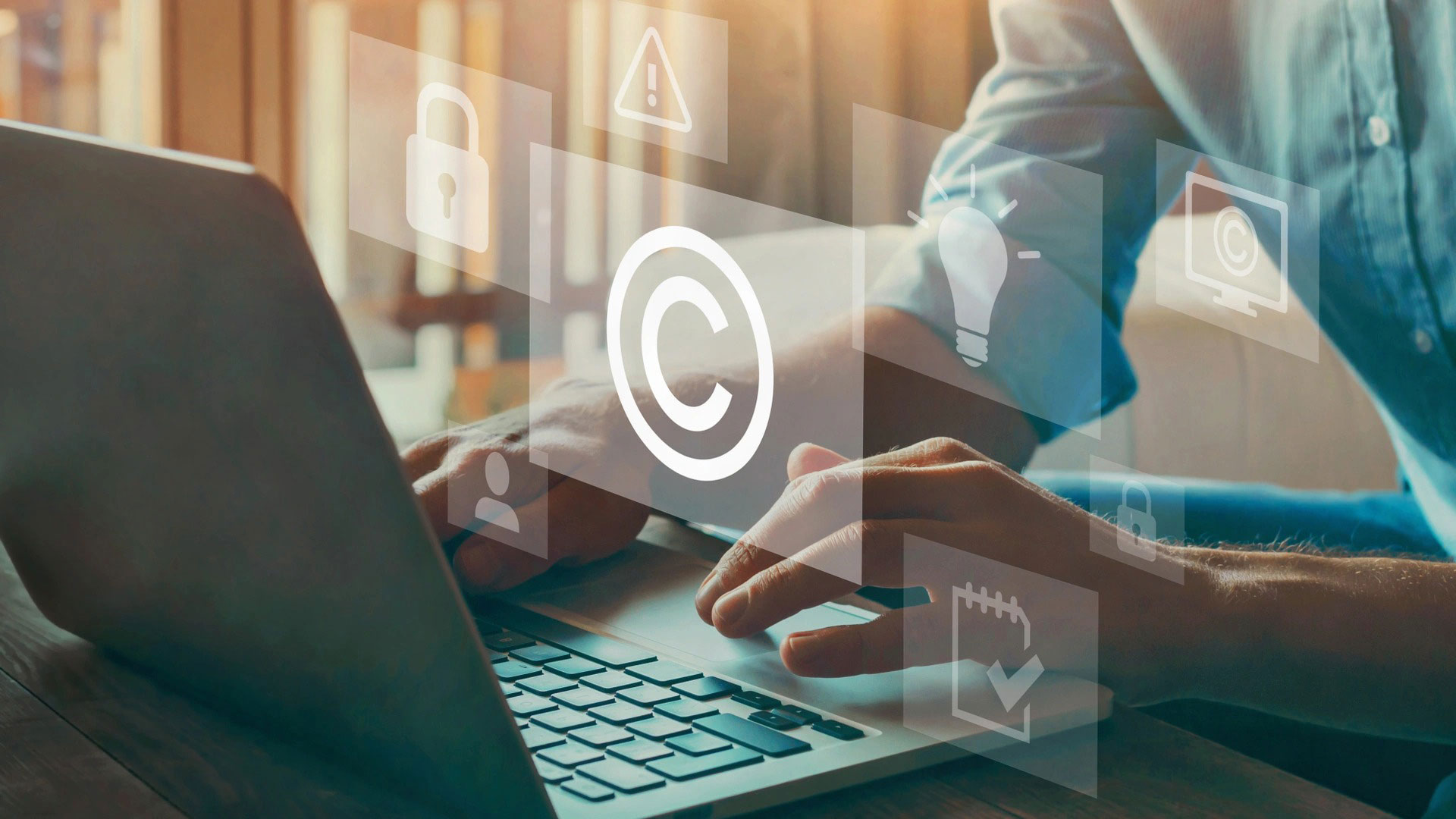The U.S. Copyright Office has denied copyright protection for AI-generated works, but South Africa granted a patent in 2021 that named an AI system as the inventor of a unique food container. As AI-generated content proliferates, it is essential for lawmakers to reconsider copyright law in the digital age.
On March 16, 2023, the United States Copyright Office released official advice regarding the registration of works created by artificial intelligence systems, and declared a new project to investigate the copyright legislation and policy concerns brought about by AI. Their guidance asserts that AI-created works will be examined on an individual basis, but that essentially, copyright will not be granted unless:
- “A human may select or arrange AI-generated material in a sufficiently creative way that ‘‘the resulting work as a whole constitutes an original work of authorship.”
- “An artist may modify material originally generated by AI technology to such a degree that the modifications meet the standard for copyright protection.”
In September 2022, the U.S. Copyright Office initially granted a copyright for a comic book called Zarya of the Dawn. However, after discovering through the author Kris Kashtanova’s social media posts that the images were created by Midjourney, the agency informed Kashtanova of its intention to revoke the copyright. Kashtanova appealed this decision, and the agency eventually revised its stance, granting copyright for the text and arrangement of images within the comic book.
The rationale behind the Copyright Office’s decision lies in the fact that their code of practices states that a work must be created by a human being to be eligible for copyright registration. This principle was established by an 1884 U.S. Supreme Court decision, which defined a work’s copyright holder as its “inventive or mastermind.” Since users cannot control the output of Midjourney, the model’s creations are different from those of “human-guided” hardware or software like cameras and Adobe Photoshop, which are subject to copyright. Furthermore, the Copyright Office argued that even though Kashtanova may have put significant effort into writing prompts for Midjourney, the author did not create the images themselves. Kashtanova later made some edits to the images using Photoshop, but these alterations were deemed too minor to affect their eligibility for copyright protection. Kashtanova expressed satisfaction with the decision to protect the text and layout of the comic book, but plans to continue advocating for the images’ copyright protection.
It is worth noting that different countries may have varying approaches to this issue, potentially leading to conflicts as intellectual property is shared across the internet. For instance, while the U.S. has denied protection for AI-generated intellectual property, South Africa granted a patent in 2021 that named an AI system as the inventor of a unique food container. The question of who owns the output of generative AI models remains relevant, especially in the U.S., where such creations currently lack copyright protection.
While this ruling stands firm on the principle that a human creator is necessary for copyright registration, it raises questions about the role of AI as a creative tool and the efforts of individuals who utilise these technologies in their work. Some may argue that denying the creativity and contribution of individuals who use AI as a creative tool is a mistake, considering the imagination, skill, and effort required to generate satisfactory images using tools like Midjourney. As AI-generated content continues to proliferate across various industries, it becomes increasingly important for lawmakers and stakeholders to revisit and potentially redefine the parameters of copyright law in the digital age. This will ensure that the legal framework remains relevant and adaptive to the evolving landscape of technology and creativity, striking a balance between the protection of individual rights and the promotion of innovation.

